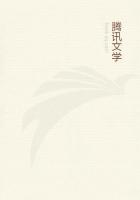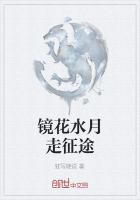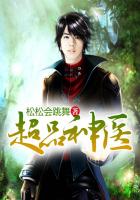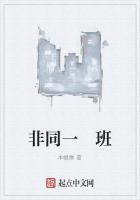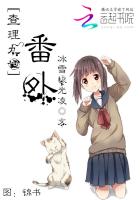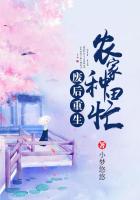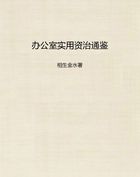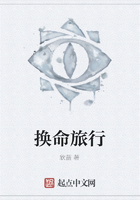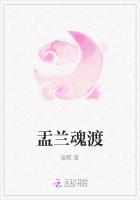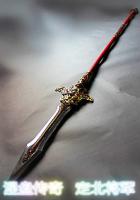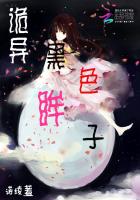From Austria the "clavichord" as it was usually called in those days (because it had "craves" or keys) went to Italy. There it was perfected into the "spinet" which was so called after the inventor, Giovanni Spinetti of Venice. At last during the eighteenth century, some time between 1709 and 1720, Bartolomeo Cristofori made a "clavier" which allowed the performer to play both loudly and softly or as it was said in Italian, "piano" and "forte." This instrument with certain changes became our "pianoforte" or piano.
Then for the first time the world possessed an easy and convenient instrument which could be mastered in a couple of years and did not need the eternal tuning of harps and fiddles and was much pleasanter to the ears than the mediaeval tubas, clarinets, trombones and oboes. Just as the phonograph has given millions of modern people their first love of music so did the early "pianoforte" carry the knowledge of music into much wider circles. Music became part of the education of every well- bred man and woman. Princes and rich merchants maintained private orchestras. The musician ceased to be a wandering "jongleur" and became a highly valued member of the community.
Music was added to the dramatic performances of the theatre and out of this practice, grew our modern Opera.
Originally only a few very rich princes could afford the expenses of an "opera troupe." But as the taste for this sort of entertainment grew, many cities built their own theatres where Italian and afterwards German operas were given to the unlimited joy of the whole community with the exception of a few sects of very strict Christians who still regarded music with deep suspicion as something which was too lovely to be entirely good for the soul.
By the middle of the eighteenth century the musical life of Europe was in full swing. Then there came forward a man who was greater than all others, a simple organist of the Thomas Church of Leipzig, by the name of Johann Sebastian Bach. In his compositions for every known instrument, from comic songs and popular dances to the most stately of sacred hymns and oratorios, he laid the foundation for all our modern music. When he died in the year 1750 he was succeeded by Mozart, who created musical fabrics of sheer loveliness which remind us of lace that has been woven out of harmony and rhythm. Then came Ludwig van Beethoven, the most tragic of men, who gave us our modern orchestra, yet heard none of his greatest compositions because he was deaf, as the result of a cold contracted during his years of poverty.
Beethoven lived through the period of the great French Revolution. Full of hope for a new and glorious day, he had dedicated one of his symphonies to Napoleon. But he lived to regret the hour. When he died in the year 1827, Napoleon was gone and the French Revolution was gone, but the steam engine had come and was filling the world with a sound that had nothing in common with the dreams of the Third Symphony.
Indeed, the new order of steam and iron and coal and large factories had little use for art, for painting and sculpture and poetry and music. The old protectors of the arts, the Church and the princes and the merchants of the Middle Ages and the seventeenth and eighteenth centuries no longer existed. The leaders of the new industrial world were too busy and had too little education to bother about etchings and sonatas and bits of carved ivory, not to speak of the men who created those things, and who were of no practical use to the community in which they lived. And the workmen in the factories listened to the drone of their engines until they too had lost all taste for the melody of the flute or fiddle of their peasant ancestry.
The arts became the step-children of the new industrial era.
Art and Life became entirely separated. Whatever paintings had been left, were dying a slow death in the museums. And music became a monopoly of a few "virtuosi" who took the music away from the home and carried it to the concert-hall.
But steadily, although slowly, the arts are coming back into their own. People begin to understand that Rembrandt and Beethoven and Rodin are the true prophets and leaders of their race and that a world without art and happiness resembles a nursery without laughter.

